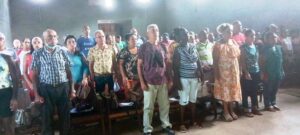Heredia’s enriching legacy in Mexico.
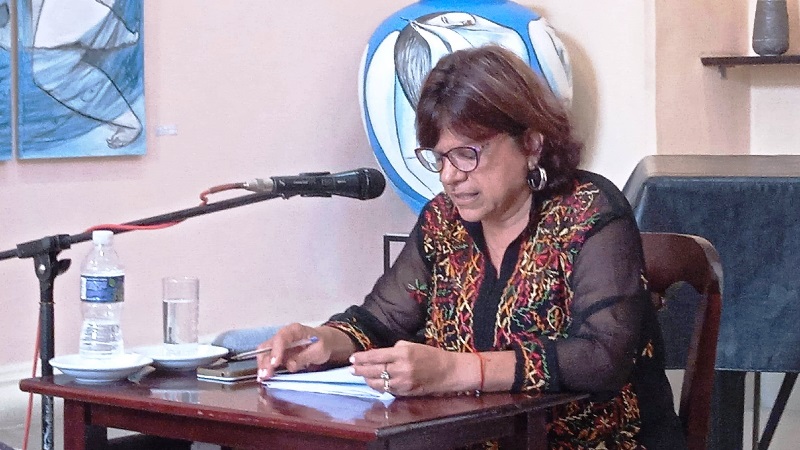
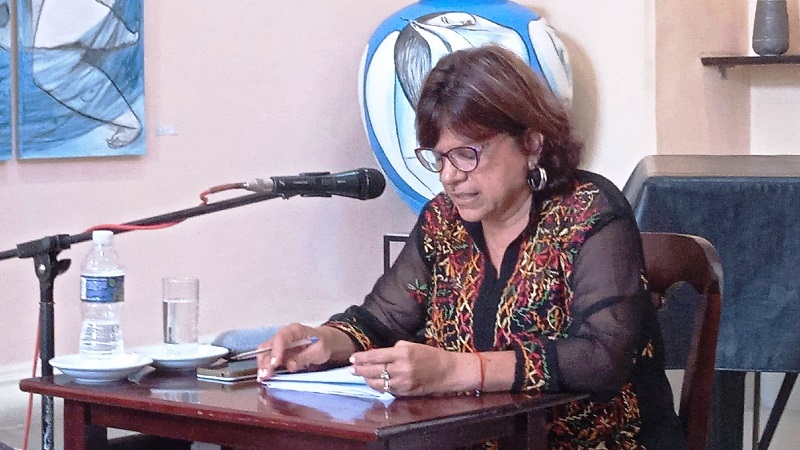
When the Cuban poet, lawyer and patriot José María Heredia arrived in Mexico in 1825, in a new and long-suffering political asylum, he enriched literature, editorial concepts and teaching in that sister country, which welcomed him with true admiration. He was only 22 years old.
What did this final stage mean in your life? I had been in that country before, but at that moment it was different. Researcher Mireya Cabrera Galán offered details of a detailed study of that period in a lecture based on her book José María Heredia: Contributions to Mexican Literature (1825-1839), winner of the UNEAC’s Enrique José Varona Artistic-Literary Essay Award this year.
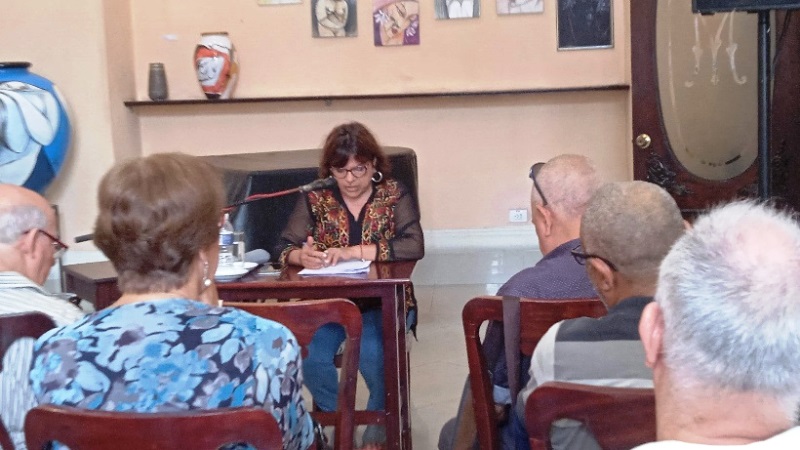
In her speech, Cabrera Galán highlighted Heredia’s relationship with Mexico’s leading intellectuals and the foundation under his rectorship of institutes for the teaching of science and the arts. He also held high-ranking public positions in the governorship of President Guadalupe Victoria.
Relevant was the creation of magazines, among these El Iris and La Miscelánea, of great connotation in the Mexico of the Independence for the exaltation of the American and the exercise of the artistic-literary criticism, to the point that it was considered as a renovating phase in the press of the time. He was the main editor of the newspaper El Conservador.
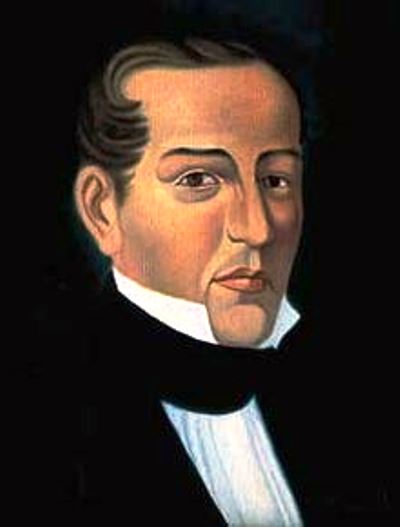
Heredia, one of the most important poets of the Spanish language, translates from English, anthologizes Aztec writers, but the political environment in the sister nation acquires anarchic shades and he must retire to Toluca, where he works as a printer, helped by his wife Jacoba Yáñez Echeverría, and publishes compendiums of his writings.
He died on May 7th, 1839, of tuberculosis, a disease he had contracted in the United States, dreaming obsessed by Cuba.
The Jornada Herediana, organized by Ediciones Matanzas and the provincial Center of the Book and Literature, is celebrated in homage to the birth of José María Heredia, who was born on December 31st, 1803.
Considered by many the first romantic poet of America, he was born in Santiago de Cuba, but felt Matanzas as his true homeland, where he wrote beautiful poems and rebelled against slavery and colonial despotism.
José Manuel Espino, president of UNEAC Matanzas; Armando Santana, vice-president of the UNHIC branch; Efrahím Pérez Izquierdo, director of the Centro del Libro; and Alfredo Zaldívar, director of Matanzas editions, participated in this second session of the Jornada Herediana.
The National Publishing Prize invited those present to today’s morning appointment to enjoy a Special Book Saturday, which includes the space Concilio de las aguas, dedicated to Heredia, with the performance of the teacher Elvira Santiago, in a recital for the 253rd anniversary of Ludwig van Beethoven.
Likewise, the book Fray Candil, la pluma del diablo, by Urbano Martínez Carmenate, will be presented by Caridad Contreras Llorca, with a stage in the gallery of maestro Sergio Roque, exhibited in the José White concert hall.
Written by María Elena Bayón.




